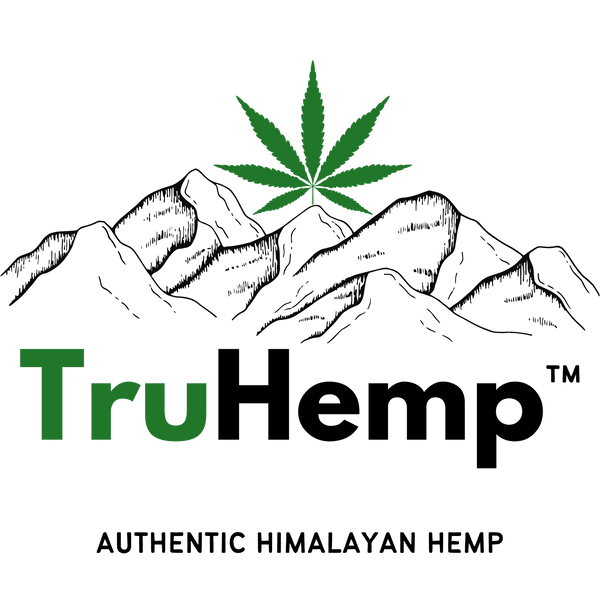
Hemp and CBD are two terms that have become increasingly popular in recent years, but many people are still unsure of what they are and how they differ. In this blog post, we will provide a brief overview of hemp and CBD, and explain how they are used in the world of health and wellness.
First, let's start with hemp. Hemp is a variety of the Cannabis sativa plant species, which is known for its tall, sturdy stalks and its ability to grow quickly in a variety of conditions. The plant has been used for thousands of years for a variety of purposes, including as a source of food, fiber, and medicine. Hemp and marijuana are both varieties of the cannabis plant, but they have distinct differences. The main difference is in their chemical composition. Hemp plants contain a low concentration of THC (tetrahydrocannabinol), the psychoactive compound that is responsible for the "high" associated with marijuana use. In contrast, marijuana plants have a higher concentration of THC, usually around 5-30%.
Hemp is known for its low levels of THC. In fact, hemp contains less than 0.3% THC, which is not enough to cause any psychoactive effects. Instead, hemp is rich in CBD (cannabidiol), a non-psychoactive compound that has been found to have a wide range of health benefits.
CBD, or cannabidiol, is a natural compound found in hemp and other varieties of the cannabis plant. Unlike THC, CBD does not have any psychoactive effects, meaning it will not make you "high" or change your perception of reality in any way. Instead, CBD is believed to have a wide range of potential health benefits, including reducing anxiety, improving sleep, and reducing pain and inflammation.
CBD can be consumed in a variety of ways, including through oil, capsules, gummies, and even topically through creams and lotions. Because CBD is not psychoactive, it is legal in many countries and states, making it a popular choice for those looking for natural wellness options. CBD can be extracted from both hemp and marijuana plants, but hemp-derived CBD is legal in many states, while marijuana-derived CBD is not. This is because hemp contains only a small amount of THC (less than 0.3%), the compound responsible for the "high" associated with marijuana use.
In conclusion, hemp and CBD are two terms that are often used interchangeably, but they refer to different parts of the cannabis plant. Hemp is the plant itself, while CBD is a natural compound found in hemp that has been found to have a wide range of potential health benefits. As the research on CBD continues to grow, it's important to stay informed about the latest developments in this exciting field!

